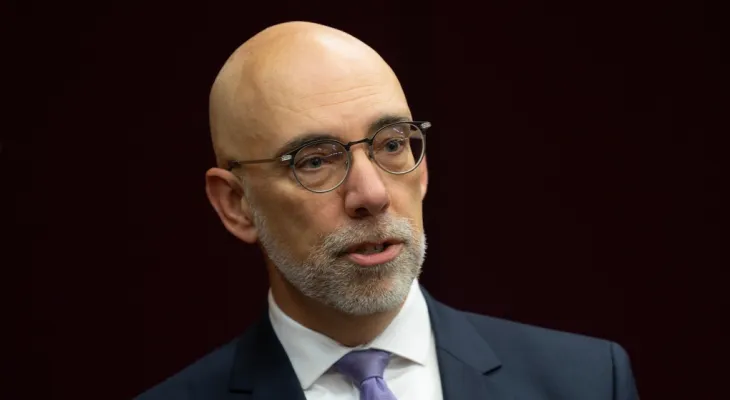Search here
Newspaper
Search here

Arab Canada News
News

Published: March 10, 2024
The federal government has little room to increase spending in the upcoming budget without raising taxes, if it plans to stay within the financial limits outlined in the fall economic update, according to Parliamentary Budget Officer Yves Giroux.
Giroux told CTV question period host Vassy Kapelos in an interview aired Sunday that if the federal government wants to meet those financial targets, including keeping the deficit below 1 percent of GDP from 2026 onward, there will be no room for new solutions or increased spending.
Giroux added, "But even before the budget, we estimate that the deficit for that year will be 0.8 percent of GDP, leaving very little room for additional expenditures without raising taxes." "There is likely to be about $6 or $7 billion of maneuvering room in 2026-2027, based on the current fiscal path."
He continued: "Of course, if the government decides to cut spending in some areas, or increase taxes, it will improve its room, but under the current situation, there is not a lot of room to increase spending without raising taxes."
Finance Minister Chrystia Freeland announced this week that she is scheduled to unveil the federal budget on April 16.
According to Freeland, the budget "will open pathways to a good life for the middle class for the next generation," while also committing to the fiscal anchors she set out in the fall economic update.
The federal government has not indicated any plans to raise taxes, but it has announced efforts to save more than $15 billion through departments over the next five years, including attempting to cut spending by $14.1 billion before 2028 and $4.1 billion annually in the following year.
But according to Giroux, these cuts are "not enough" to fund recent commitments, such as the pharmacare program for diabetes medications and contraceptives, or federal disability benefits, or to achieve NATO's goal of spending 2 percent of GDP on defense—all promises that have not yet been allocated in the budget.
Giroux issued his latest economic and fiscal outlook Tuesday, writing that he expects inflation to drop to the 2% target by the end of the year and remain there until 2027.
The Parliamentary Budget Officer also indicated he expects to see "very slow growth" this year and next.
Regarding how these figures compare to the government's upcoming federal budget, Giroux said his forecasts indicate the deficit is likely to be about $8 billion higher in the "foreseeable future."
He added, "Over the next five years, including the current fiscal year, we expect the deficit to be about $46 billion." "However, we have no inside information about what the government is currently doing, or what its plans are for the remainder of the fiscal year."
He added, "But based on publicly available information, and what we have been able to gather, $46 billion appears to be the most likely figure."
He said the difference this fiscal year is largely due to "increased spending" by the federal government, in addition to the cost of servicing the national debt.
Comments